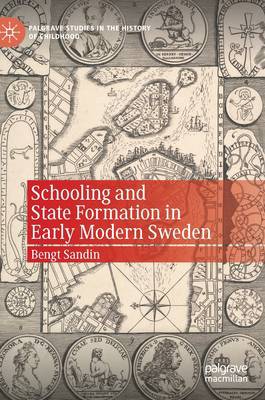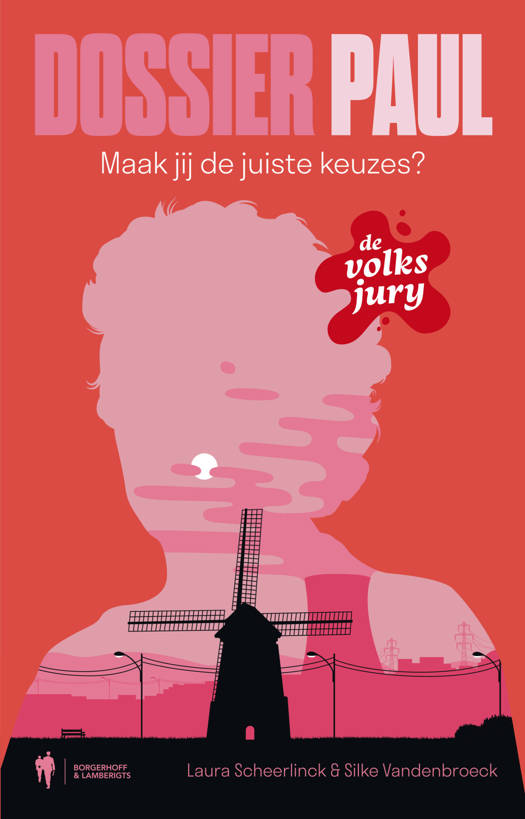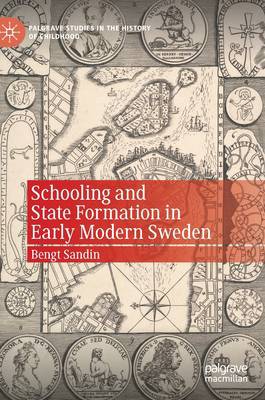
Wil je zeker zijn dat je cadeautjes op tijd onder de kerstboom liggen? Onze winkels ontvangen jou met open armen. Nu met extra openingsuren op zondag!
- Afhalen na 1 uur in een winkel met voorraad
- Gratis thuislevering in België vanaf € 30
- Ruim aanbod met 7 miljoen producten
Wil je zeker zijn dat je cadeautjes op tijd onder de kerstboom liggen? Onze winkels ontvangen jou met open armen. Nu met extra openingsuren op zondag!
- Afhalen na 1 uur in een winkel met voorraad
- Gratis thuislevering in België vanaf € 30
- Ruim aanbod met 7 miljoen producten
Zoeken
Omschrijving
In this book the emergence of schools in urban Sweden between the seventeenth and the nineteenth century provides the framework for a history of children and of childhood. It is a study through the lens of the changes in early modern education, spatial aspect of the life of children and systems of governance in the early modern Swedish state. Educational systems defined the spatial aspects of childhood--where children were supposed to grow up, in the home, the school, the streets and alleys, or the place of work--over a period of about two hundred years. Schools and education represent both a mental and a physical space; an abstract place for children as well as a local and concrete place for them, which stood out against the alternative spatial aspects of the life of children. It is also a study of how different cultural systems influence the definitions of childhood and schools, in the context of church and home instruction, poor relief, policing, surveillance, and the question of whychildren went to schools. It examines the role of the school as childcare and as a provider of food, shelter and welfare, and as governance.
Specificaties
Betrokkenen
- Auteur(s):
- Uitgeverij:
Inhoud
- Aantal bladzijden:
- 420
- Taal:
- Engels
- Reeks:
Eigenschappen
- Productcode (EAN):
- 9783030566654
- Verschijningsdatum:
- 8/11/2020
- Uitvoering:
- Hardcover
- Formaat:
- Genaaid
- Afmetingen:
- 148 mm x 210 mm
- Gewicht:
- 684 g

Alleen bij Standaard Boekhandel
+ 274 punten op je klantenkaart van Standaard Boekhandel
Beoordelingen
We publiceren alleen reviews die voldoen aan de voorwaarden voor reviews. Bekijk onze voorwaarden voor reviews.











